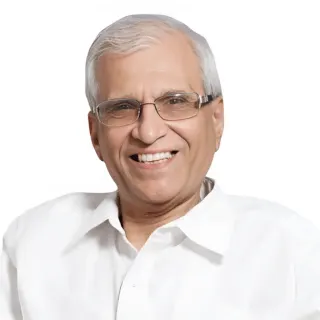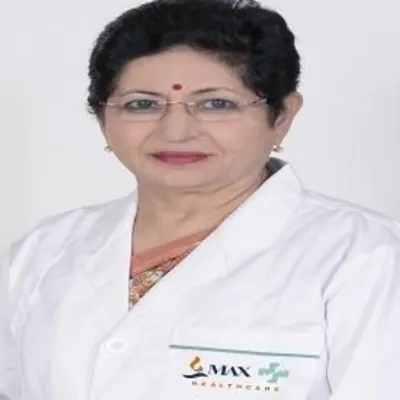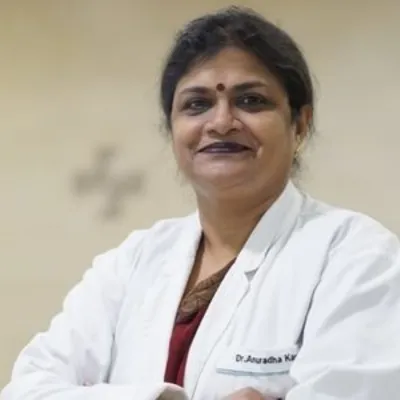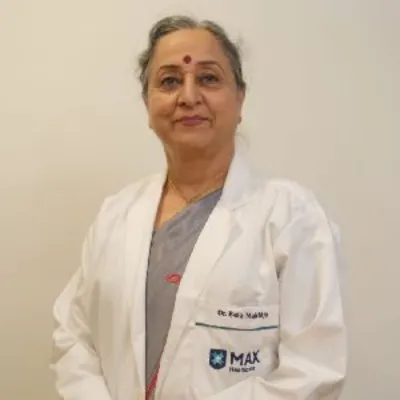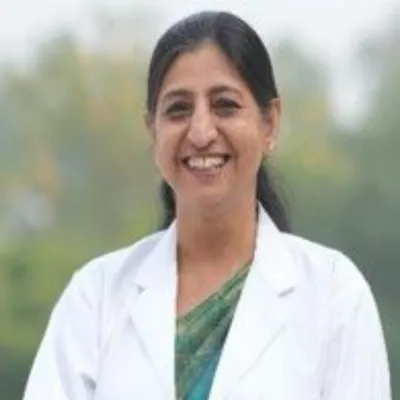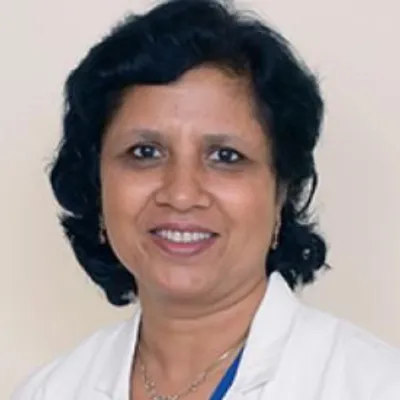Best Cosmetic & Plastic Surgeons in Indraprastha Apollo Hospital Delhi
 29 January,2026
Read More
29 January,2026
Read More
Enquire now in case of any assistance needed
 25 April,2025
25 April,2025
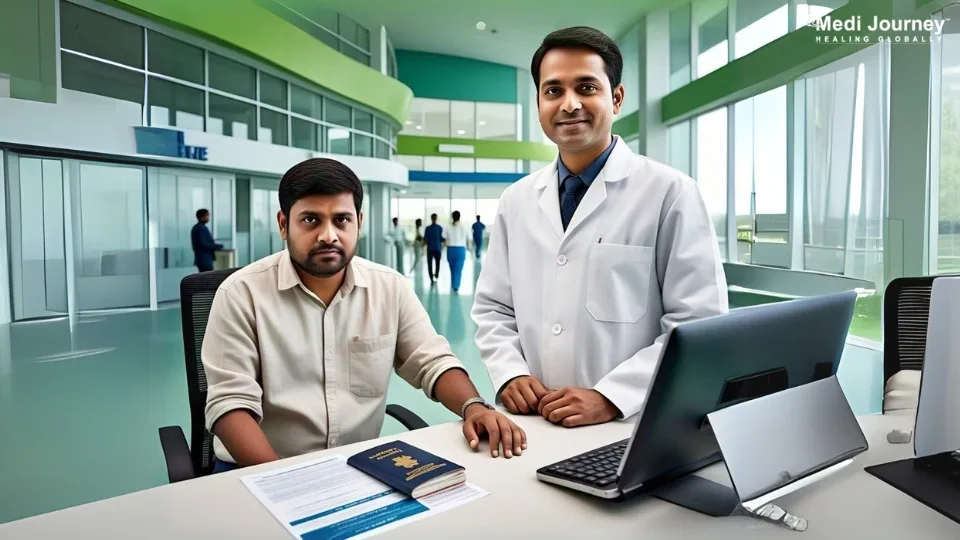
Planning a medical trip to India isn't just about booking flights or scheduling hospital appointments. For international patients, there's a crucial step that comes first—securing an India Medical Visa Application.
And here's something many travellers don't realise: the hospital itself plays a pivotal role in this process. It's not just your treatment destination; it validates and facilitates your entire medical travel journey. Read on to understand what role a hospital plays in your medical visa and how it can be better.
Fill up the form and get assured assitance within 24 hrs!
India has rocketed to prominence as a medical tourism hotspot in recent years. With cutting-edge facilities, doctors trained at prestigious international institutions, and costs that are 70-80% lower than in Western countries, it's no wonder thousands flock here from Africa, the Middle East, Southeast Asia, and even Europe and North America.
From heart surgery to organ transplants, cancer treatments to joint replacements, and even fertility treatments, India's private healthcare sector offers that sweet spot of quality and affordability that's increasingly hard to find elsewhere.
But before you can access any of this care, you'll need to tackle the India Medical Visa Application, and yes, the hospital's involvement makes all the difference.
The India Medical Visa (sometimes called an M visa) isn't your typical tourist visa. It is specifically designed for foreigners seeking specialised medical care in India. Usually valid for up to 6 months initially, it can sometimes be extended if your treatment plan requires a longer stay.
The eligibility criteria? Pretty strict:
This is where the hospital steps beyond its traditional role—it becomes the official validator of your medical necessity.
Here's something critical: before you even think about submitting your India Medical Visa Application, you'll need a formal letter from your chosen Indian hospital. This isn't just another piece of paperwork; it's essentially the backbone of your entire visa request. A typical hospital letter includes:
Without a hospital letter for a medical visa, your application is likely to be rejected by the Indian consulate or embassy. They simply won't process it. The letter serves as proof that a legitimate medical facility is prepared to treat you.
The good news? Leading hospitals in India have teams dedicated specifically to international patients. Their involvement starts with your very first inquiry and generally includes
Hospitals don't issue visa invitation letters without careful consideration. They will ask for your recent medical reports, prescriptions, imaging studies, or notes from your primary care doctor. This helps their specialists determine if they can help you, how urgent your case is, and what treatment approach makes sense.
Once they've confirmed they can treat you, they'll craft a detailed support letter addressed directly to the Indian consulate or embassy. This document becomes a crucial part of your Indian medical visa application package.
Got specific needs? Maybe you're bringing a caregiver, or perhaps your treatment plan might stretch longer than the standard visa duration. Good hospitals will provide the letter accordingly, which can significantly improve your chances of getting a visa approved.
Many patients mistakenly think the hospital's involvement ends once they get that visa stamp. In reality, their support continues throughout your journey:
Hospitals with robust international services often send someone to meet you at the airport. This is especially helpful if you're elderly or facing mobility challenges. It makes those first few hours in an unfamiliar country so much less stressful.
Some treatments, like multiple rounds of chemo, extensive rehab after surgery, or certain fertility protocols, can take more time than a standard visa allows. Your hospital can help you apply for extensions through the Foreigners Regional Registration Office (FRRO) by providing updated treatment summaries.
When your treatment wraps up, you'll receive a comprehensive discharge summary. Hang onto this document! It's crucial for insurance claims back home, and sometimes needed for visa closure when you leave India.
Want to avoid headaches in your application process? Keep these tips in mind:
Still confused about how this all works? Here's a simplified view of the hospital's involvement at each stage:
|
Step |
Hospital Involvement |
|
Initial Inquiry |
Medical opinion, cost estimate, treatment plan |
|
Submission of Medical Reports |
Internal review by medical experts |
|
Visa Letter Generation |
Formal document issued with all required information |
|
Submission of Visa Application |
Hospital contact details are included for verification |
|
Visa Approval |
Communication and confirmation from the hospital side |
|
Arrival in India |
Pickup, hospital registration, initial evaluation |
|
During Treatment |
Ongoing updates, care coordination, and progress documentation |
|
Post-Treatment |
Discharge summary, medical certificate, and follow-up instructions |
|
Visa Extension (if needed) |
Fresh documentation submitted to FRRO |
The digital revolution hasn't bypassed Indian healthcare. Many hospitals now offer patient portals or even WhatsApp channels for international patients. This technological shift has made coordination faster and simpler, especially for:
This digital-first approach is a game-changer when you're dealing with tight visa deadlines and international time zones.
Despite the fairly structured process, we've seen patients run into these challenges:
Watch out for hospitals that send cookie-cutter visa letters. A proper hospital letter for a medical visa should be according to your specific situation and medical needs.
Procrastination doesn't pay off here. Some patients wait until days before their planned travel to request hospital documentation. Remember, most facilities need 24–72 hours to verify your information and issue the letters.
The clinics with the rock-bottom prices might be tempting, but unrecognized hospitals can torpedo your visa application or leave you high and dry if complications arise.
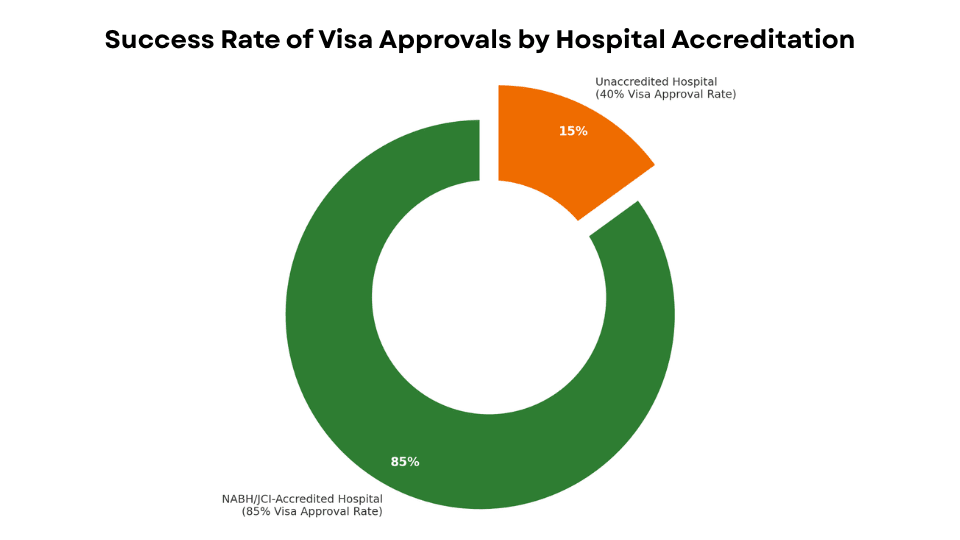
The donut chart above highlights the significantly higher visa approval rate for patients applying through NABH/JCI-accredited hospitals compared to those applying through non-accredited hospitals.
Let's face it—navigating the India Medical Visa Application process can feel overwhelming. This is where specialised medical tourism facilitators earn their keep.
A good facilitator works directly with top hospitals to:
Think of these partners as your bridge between your home country and the Indian healthcare system.
Patients don't make the journey to India on a whim. They come with hope, trust, and often a sense of urgency. When it comes to medical travel, your chosen hospital isn't just the endpoint of your journey—it's actually where everything begins. From issuing that crucial hospital letter for medical visa, to supporting you throughout treatment and recovery, the hospital becomes your partner in care, logistics, and documentation. The stronger your hospital's support system, the smoother your India Medical Visa Application process will be.
By connecting with an accredited hospital early, preparing thoroughly, and leveraging available support networks, international patients can access India's sophisticated healthcare infrastructure with greater confidence and clarity.
At Medijourney, we work closely with top-tier hospitals and provide comprehensive support to make your medical travel as smooth as possible. This includes assistance with multiple-entry visa options that allow you to maintain connections with your treatment centre and home.
Ready to simplify your medical stay? Let MediJourney guide you today! Contact us now.
Fill up the form and get assured assitance within 24 hrs!
B.Sc in Media Science from NSHM Knowledge Campus, Kolkata, 2019-2022
Suryani Dutta is an experienced content writer, specializing in healthcare and medical tourism. With a B.Sc. in Media Science from NSHM Knowledge Campus, Kolkata, she creates engaging, accurate, and SEO-friendly content that empowers patients to make info
Dr. Sandeep Nayar is a prominent Pulmonologist with an experience of more than 33 years. His expertise lies in treatment of various respiratory conditions such as Interstitial Lung Disease, Diseases of the Chest, and Sleep Apnea....
Senior Consultant
Medical Oncologist
Nanavati Super Specialty Hospital, Mumbai
WhatsApp UsSenior Director
Gynecologist and Obstetrician, IVF Specialist
Max Super Speciality Hospital, Shalimar Bagh, New Delhi
WhatsApp UsSenior Director
Gynecologist and Obstetrician, IVF Specialist
Max Smart Super Speciality Hospital, Saket, New Delhi
WhatsApp UsSenior Director
Gynecologist and Obstetrician
Max Smart Super Speciality Hospital, Saket, New Delhi
WhatsApp UsSenior Director
Gynecologist and Obstetrician
Max Smart Super Speciality Hospital, Saket, New Delhi
WhatsApp UsSenior Director
Gynecologist and Obstetrician
Max Smart Super Speciality Hospital, Saket, New Delhi
WhatsApp UsThe Art of Effective Communication
 27 January,2026
Read More
27 January,2026
Read More
 20 January,2026
Read More
20 January,2026
Read More
 16 January,2026
Read More
16 January,2026
Read More
 13 January,2026
Read More
13 January,2026
Read More
 09 January,2026
Read More
09 January,2026
Read More
Trusted by Patients
"I am Asim from Bangladesh and was looking for treatment in India for neuro. I visited many websites to get the complete information regarding the treatment but I was not satisfied as I was getting confused. In the meanwhile, one of my friends suggested I seek help from Medi Journey as he experienced his medical journey very smoothly and was satisfied with it. They have filtered the top 10 doctors as per experience, the success rate of surgery & profile, so it helps us to choose the best treatment in India. "
"For my knee surgery, Medi Journey guided me to BLK Hospital where I received exceptional care. The team's support and the expertise at BLK Hospital exceeded my expectations. Thank you Medi Journey for making my medical journey stress-free. "
"I came from Iraq for my granddaughter's eye surgery in India facilitated by Medi Journey, due to critical cases they advised us to get a second opinion from the different hospitals before going to surgery. Finally, we went to Fortis Escort Hospital, which helped us to get more confidence for diagnosis. Fortis Escort Hospital has the best eye surgeon team with the latest instruments. Thanks to all team members for providing a high-quality treatment in India at an affordable cost. "
"I came for my hair transplant in India, before coming I was so confused about choosing the best clinic and surgeon for me. But thanks to God one of my friends had a hair transplant in India through Medi Journey. He recommended me to go with them. I am completely happy with my experience with them. They were always very fast in their responses to me. the success rate of my hair transplant surgery is 100%."
"Artemis Hospital, suggested by Medi Journey, turned out to be a great choice for my treatment. The personalized assistance and medical care were exceptional. I'm grateful to Medi Journey for guiding me to a hospital that perfectly matched my needs. Highly recommended! "
"I came from Afghanistan for my treatment in India at Jaypee Hospital, Noida. I had a fantastic experience with Medi Journey. Kudos to them for their incredible support during my medical journey. They not only took care of all the logistics but also connected me with a fantastic healthcare team. Efficient, caring, and highly recommended for a hassle-free medical tourism experience."
"I am Adam from Kano, Nigeria, one of my friends from Nigeria was facilitated by Medi Journey, and he recommended us to go with them. I sent my all reports to them and within 48 hours they reverted with 4 options from different hospitals. They helped me to get a Visa letter from the hospital, arrange pick-up from the airport, and book a hotel for me. Their team is very honest and throughout our stay in India they are with us they are caring for us like his family members. BLK Hospital is the best hospital in India with a top surgical oncologist surgeon team, a very advanced OT, and a Radiotherapy department. I wish more success to Medi Journey. "
"Great experience at the Max Hospital for my spine surgery and was successfully done. I thank my neurosurgeon and his entire team. I recommended all of my country's people to Medi Journey for treatment in India, they choose the best hospital, the best doctors, and the best cost for patients."
"I came to India from Dhaka, Bangladesh for my father-in-law's cardiac surgery at Fortis Hospital. I was confused about choosing the best surgeon for him before coming, but their team helped me to choose the best hospital and best cardiac surgeon in India with very good cost and 100% success rate of surgery. I am very happy with the services, really they make my journey so comfortable that make me feel at home. Thanks again and I like people to choose "Medi Journey" as your travel guide. "
"I am Mohammad from Bangladesh came to India for my general health checkup. Medi Journey offers me the complete package including Pick-up from the airport, hotel services, and 24-hour assistance. They guide you to choose the best hospital in India, the best cost of treatment with top-most doctors and give you complete information about hotel booking, and pick-up from the airport before coming to India They have the best team to help. Always choose Medi Journey for your treatment in India."
